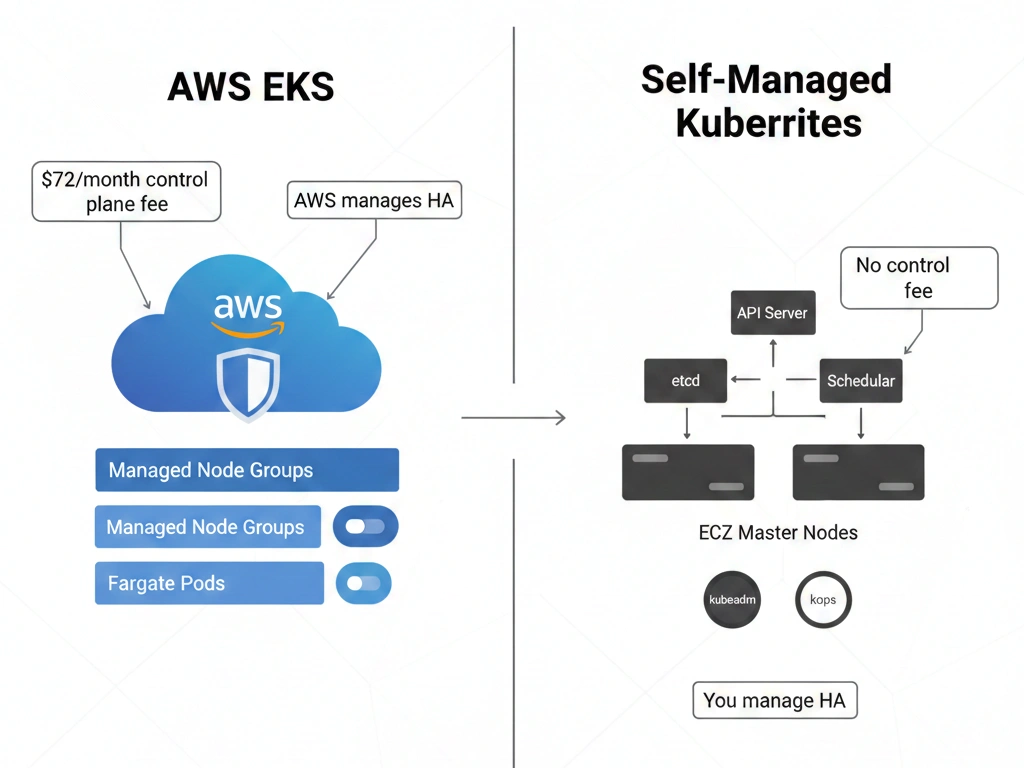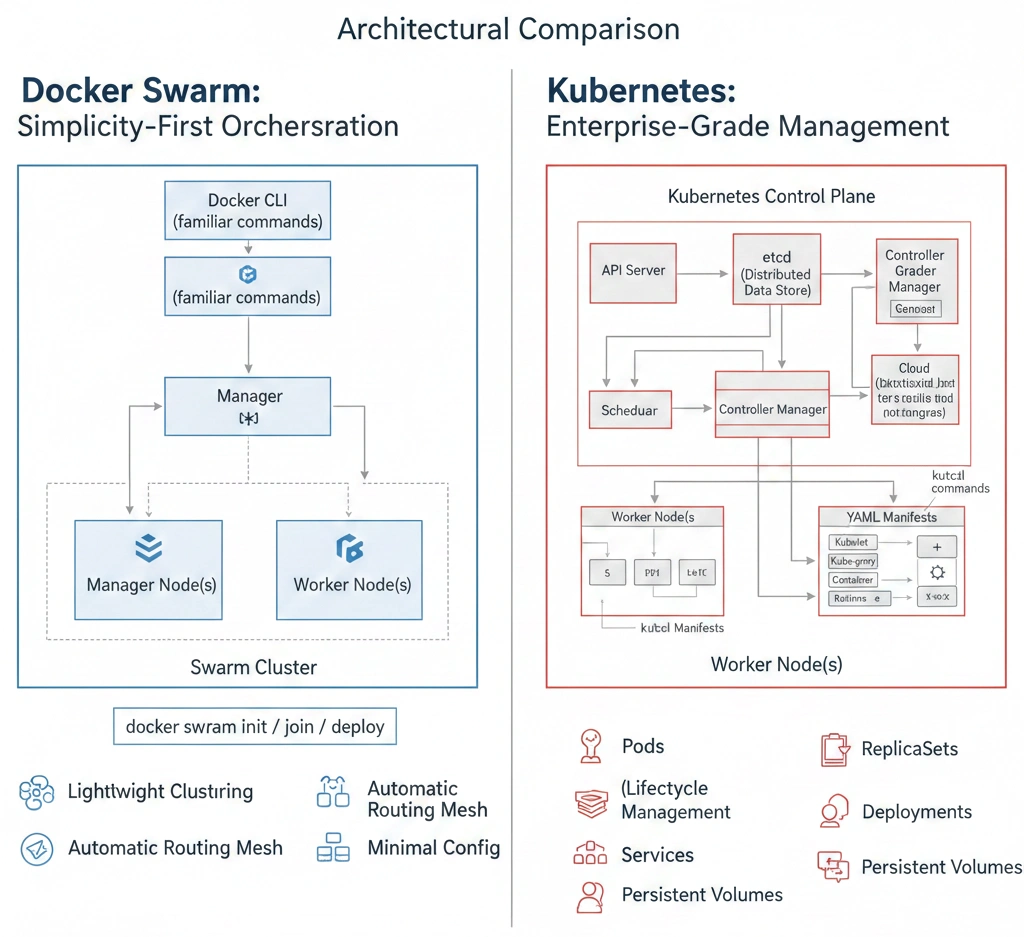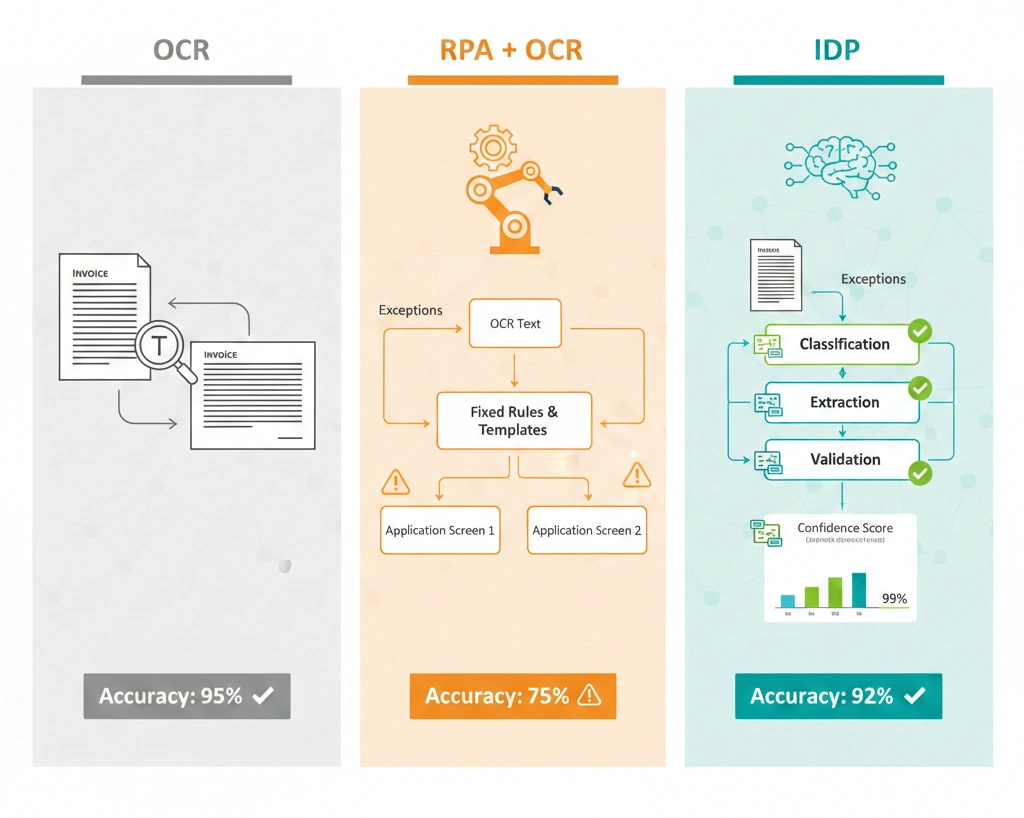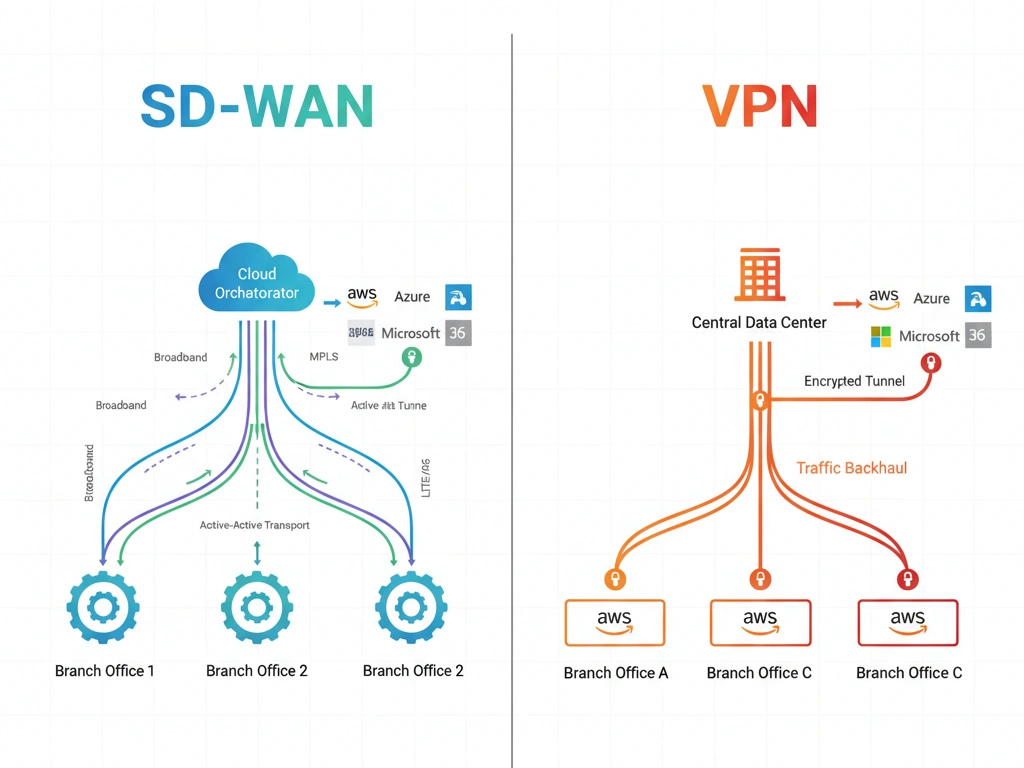CS Fundamentals: Master Computer Science Basics | Complete Guide
Struggling with technical interviews? Confused by core CS concepts? You’re not alone. Welcome to CS Fundamentals — your comprehensive roadmap to mastering computer science basics that every developer, student, and tech professional needs to know.
Whether you’re preparing for coding interviews at top tech companies, strengthening your academic foundation, or transitioning into a tech career, this section provides crystal-clear explanations, detailed comparisons, and practical examples across all essential CS domains.
Perfect For:
CS Students Interview Prep Career Switchers Self-Taught Developers Bootcamp Graduates
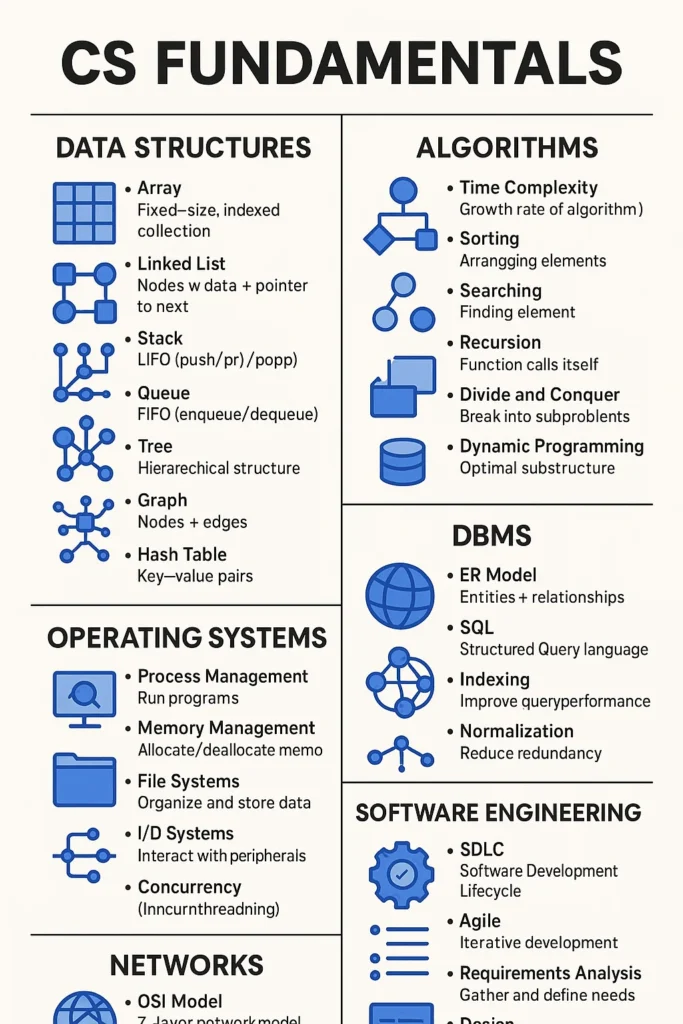
Computer Networks: The Foundation of Modern Computing
In today’s interconnected world, understanding how computers communicate is crucial for any tech role. Computer Networks form the backbone of everything from web applications to cloud services, IoT devices to distributed systems.
Master essential concepts like: Network topologies that determine system scalability, TCP/IP protocols that power the internet, OSI model layers for troubleshooting connectivity issues, and routing algorithms used by major cloud providers. Whether you’re building web applications, working in DevOps, or pursuing cybersecurity, these fundamentals are non-negotiable.
- Simplex vs Half-Duplex vs Full-Duplex
- Connection-Oriented vs Connection-Less
- Latency vs Throughput
- Classful vs Classless Addressing
- Mesh vs Star Topology
- STP vs UTP
- Internet vs Intranet
Computer Organization: Understanding the Machine
Ever wondered how your code actually executes inside a computer? Computer Organization reveals the fascinating world of hardware-software interaction, from CPU architecture decisions that affect performance to memory hierarchies that determine application speed.
Dive deep into: CPU architecture patterns used in modern processors, microprocessor vs microcontroller differences crucial for embedded systems, memory hierarchy optimization techniques, and instruction execution cycles that impact code performance. This knowledge directly translates to writing more efficient code and understanding system bottlenecks.
- RISC vs CISC
- Hardwired vs Microprogrammed Control Units
- 8085 vs 8086 Microprocessors
- RAM vs ROM
- Computer Architecture vs Organization
- Hardware vs Software
Data Structures: The Building Blocks of Efficient Code
Data Structures are the secret weapon of every successful programmer. They’re not just academic concepts—they’re the foundation of every application you use, from Google’s search algorithms to Netflix’s recommendation system. Mastering them is your ticket to writing code that scales.
Transform your coding with: Arrays and linked lists for optimal data organization, stacks and queues for managing program flow, trees and graphs for modeling complex relationships, and advanced structures that power modern databases. Each structure comes with trade-offs in time complexity, space usage, and real-world applicability.
- Stack vs Queue
- Stack vs Array
- Array vs Linked List
- Priority Queue Time Complexity
- Quad Trees vs KD-Trees
- Hashmap vs Hashtable
- NP-Hard vs NP-Complete
DBMS: Mastering Data Management
In the data-driven world of modern applications, Database Management Systems are absolutely critical. Every app you build, every service you design, and every system you architect will interact with databases. Understanding DBMS concepts separates junior developers from senior engineers.
Build expertise in: Relational database design principles, SQL optimization techniques used by data engineers, database keys and constraints that ensure data integrity, normalization strategies that prevent data anomalies, and indexing approaches that dramatically improve query performance. Plus, understand when to choose SQL vs NoSQL solutions.
- Primary Key vs Unique Key
- SQL vs NoSQL
- DDL vs DML
- Clustered vs Non-Clustered Index
- Generalization vs Specialization
Operating System: The Software That Runs Everything
Operating Systems are the unsung heroes of computing, managing resources, coordinating processes, and providing the platform where all your applications run. For any serious developer, understanding OS concepts is essential for debugging, optimization, and system design.
Gain insights into: Process and thread management that affects application performance, memory management techniques used by modern OS, scheduling algorithms that determine system responsiveness, file system organization, and the crucial differences between 32-bit and 64-bit architectures that impact your deployment decisions.
- Process vs Thread
- Multiprogramming vs Multiprocessing
- Job Scheduler vs CPU Scheduler
- Paging vs Segmentation
- Internal vs External Fragmentation
- 32-bit vs 64-bit Operating Systems
- Logical vs Physical Memory Addresses
Software Engineering: Building Software That Lasts
Writing code is just the beginning. Software Engineering encompasses the entire lifecycle of creating robust, maintainable, and scalable applications. These principles separate hobby projects from production-ready software that serves millions of users.
Master the discipline of: Software Development Life Cycle (SDLC) methodologies that guide project success, Agile practices adopted by leading tech companies, architectural design patterns that ensure scalability, testing strategies that prevent costly bugs, and best practices for code quality and team collaboration.
- High Level vs Low Level Design
- System vs Application Programming
- Gantt Chart vs PERT Chart
- CMM vs ISO 9000
Your Learning Journey Starts Here
Ready to transform your computer science knowledge? Start with any category that matches your current needs—whether you’re preparing for interviews, strengthening weak areas, or building comprehensive expertise. Each section builds upon fundamental concepts while providing practical, career-relevant insights.
Pro Tip: For interview preparation, focus on Data Structures and DBMS first. For system design roles, prioritize Computer Networks and Operating Systems. For full-stack development, ensure you’re strong across all categories.
Browse through each category, bookmark key comparisons, and build the rock-solid computer science foundation that will accelerate your tech career. Knowledge is power—and these fundamentals are your competitive advantage.
